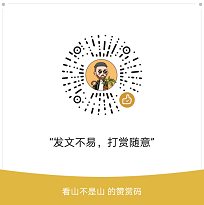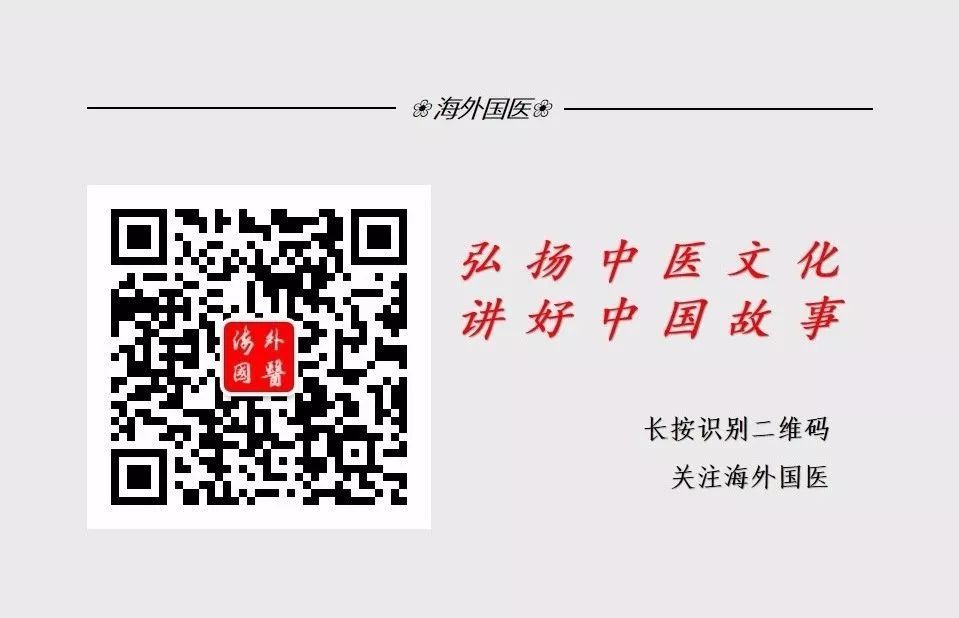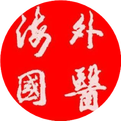Shu Yu Wan (Dioscorea Pill) is a classic formula for deficiency syndromes, traditionally used to support the right Qi and expel evil. It is effective in enhancing appetite, increasing body weight, and dispelling wind and Qi. Shu Yu Wan is commonly seen in chronic wasting diseases characterized by emaciation, fatigue, and anemia.
1. Classic Formula
Shu Yu (30g), Dang Gui (Angelica Sinensis) (10g), Gui Zhi (Cinnamon Twig) (10g), Qu (Fermented Barley) (10g), Gan Di Huang (Rehmannia Root) (10g), Dou Huang Juan (10g), Gan Cao (Licorice) (28g), Ren Shen (Ginseng) (7g), Chuan Xiong (Szechuan Lovage) (6g), Shao Yao (Peony) (6g), Bai Zhu (White Atractylodes) (6g), Mai Men Dong (Ophiopogon) (6g), Xing Ren (Apricot Kernel) (6g), Chai Hu (Bupleurum) (5g), Jie Geng (Platycodon) (5g), Fu Ling (Poria) (5g), E Jiao (Donkey-hide Gelatin) (7g), Gan Jiang (Dried Ginger) (3g), Bai Lian (White Poria) (2g), Fang Feng (Siler) (6g), Da Zao (Jujube) (100 pieces). Mix these 21 ingredients, grind into powder, and form into pills the size of a marble. Take one pill on an empty stomach with wine; 100 pills constitute one dose. (From “Jin Gui Yao Lue”)
2. Classic Syndrome and Formula
For deficiency syndromes and various ailments caused by wind and Qi, Shu Yu Wan is the primary treatment. (6)
1. Deficiency Syndromes
Deficiency syndrome is an ancient term. The “Nei Jing” states: “When the essence and Qi are depleted, deficiency occurs.” Essence and Qi refer to the refined substances from food. The “Su Wen: On Rare Diseases” states: “When the five flavors enter the stomach, the spleen circulates their essence and Qi.” The “Su Wen: On the Differentiation of Meridians” states: “When food enters the stomach, it overflows with essence and Qi, which is then transported to the spleen.” The depletion of essence and Qi indicates that patients with deficiency syndrome cannot eat, leading to emaciation, reduced functions, and decreased living abilities, referred to as ‘various deficiencies.’ This formula allows patients to eat, thereby increasing body weight and improving living capabilities.
2. Wind and Qi Ailments
The symptoms are unclear. Wind and Qi generally refer to environmental climate. The “Jin Gui Yao Lue: On the Sequence of Diseases in Organs and Meridians” states: “Humans are nurtured by the five constants and grow according to wind and Qi. While wind and Qi can nurture all things, they can also harm them.” Here, wind and Qi also refer to diseases related to the environment. Wind and Qi ailments encompass a variety of diseases, indicating that this formula has a broad applicability. Shu Yu Wan is a major tonic formula, and its syndrome is relatively vague, with the key term being ‘deficiency syndromes.’ Mo Mei Shi stated: “This formula is the ultimate method for tonifying the spleen, and it encompasses all tonics for the spleen.” (From “Jing Fang Li Shi”) Regarding the pathological mechanism of Shu Yu Wan’s syndrome, traditional explanations include: “Deficiency syndrome shows insufficiency both internally and externally… residual evils are not cleared, mixing with the right Qi” (Chen Xiu Yuan), and “Deficiency syndrome involves insufficiency of Qi, blood, yin, and yang, along with external evils as a complication” (From “Jin Gui Yao Lue Translation and Explanation”).
3. Applicable Population
This formula is primarily suitable for individuals with a deficiency constitution characterized by emaciation, fatigue, and poor appetite. Factors contributing to this constitution often relate to unresolved external pathogens, malnutrition, and advanced age.
1. Emaciation and Anemia
Individuals are emaciated, with dry skin and an anemic appearance; some may appear acceptable but have significantly lost weight and have loose skin. The pulse is thin and weak, and the tongue is pale and tender.
2. Poor Appetite
Individuals experience poor appetite, tasteless food, and reduced intake, leading to malnutrition.
3. External Wind and Internal Dampness
Individuals are prone to colds, coughs with phlegm, or may have low-grade fever; they may also experience diarrhea or loose stools, and are prone to edema or fluid accumulation in body cavities.
4. Elderly and Chronically Ill Individuals
This formula is often seen in elderly patients, those post-tumor surgery or chemotherapy, after gastric resection, with reduced lung function, or after severe malnutrition. Most cases arise from prolonged illness following a cold or fever.
4. Applicable Conditions
Chronic wasting diseases presenting with poor appetite and weight loss may consider using this formula.
1. Tumors
This formula can enhance appetite, improve anemia, increase white blood cell counts, enhance quality of life, and prolong survival without any side effects. It can be regarded as a routine tonic for cancer patients. When taken during chemotherapy, it can alleviate side effects. It is particularly suitable for patients with malignant tumors who exhibit emaciation, anemia, and poor appetite, as well as for conservative treatment in elderly cancer patients.
2. Chronic Diarrhea
This formula is suitable for chronic enteritis, intestinal dysfunction, and other causes of diarrhea, especially in cases of extreme emaciation.
3. Chronic Cough
This formula is suitable for tuberculosis, pneumoconiosis, emphysema, and other conditions presenting with emaciation and anemia. In the summer, Zhong Fang used Shu Yu Wan to treat pulmonary tuberculosis. (From “Shanghai Journal of Traditional Chinese Medicine”, 1990, Issue 10, Page 43)
4. Anemia
This formula is suitable for patients with iron deficiency anemia, aplastic anemia, and myelodysplastic syndromes.
5. Emotional Disorders
This formula is suitable for individuals experiencing mental confusion, emotional instability, dizziness, tinnitus, and anxiety, particularly those who are anemic and emaciated. It is also used for patients with Alzheimer’s disease.
6. Elderly Weakness
This formula is suitable for elderly individuals with weak constitutions, muscle atrophy, susceptibility to colds, and poor appetite, and is suitable for long-term use.
5. Differentiation of Syndromes
This formula is differentiated from Zhi Gan Cao Tang (Honey-fried Licorice Decoction).
Both formulas can treat deficiency anemia. The differentiation lies in: ① Presence or absence of appetite. This formula presents with poor appetite, while Zhi Gan Cao Tang presents with good appetite. ② Presence or absence of external pathogens. This formula presents with cough, aversion to wind, low fever, etc., while Zhi Gan Cao Tang is purely a deficiency syndrome.
6. Reference Dosage
Shan Yao (Chinese Yam) 30-50g, Sheng Bai Ren Shen (Fresh Ginseng) 10g, Bai Zhu (White Atractylodes) 10g, Fu Ling (Poria) 10g, Zhi Gan Cao (Honey-fried Licorice) 10-20g, Dang Gui (Angelica Sinensis) 10g, Chuan Xiong (Szechuan Lovage) 10g, Bai Shao (White Peony) 10g, Shu Di Huang (Rehmannia Root) 15g, E Jiao (Donkey-hide Gelatin) 10g, Gui Zhi (Cinnamon Twig) 10g, Mai Men Dong (Ophiopogon) 15g, Chai Hu (Bupleurum) 10g, Fang Feng (Siler) 10g, Xing Ren (Apricot Kernel) 10g, Jie Geng (Platycodon) 10g, Bai Lian (White Poria) 10g, Shen Qu (Fermented Barley) 10g, Da Dou Huang Juan (10g), Gan Jiang (Dried Ginger) 10g, Da Zao (Jujube) 30-50g. Use 1500mL of water to boil down to 400mL of decoction; add 800mL of water and boil down to 200mL of decoction. Mix the two decoctions and take in 3-6 doses within 2-3 days. Alternatively, the original formula can be made into honey pills or paste for long-term use. The largest quantities in the formula are licorice, yam, and jujube.
Copyright StatementThis article is from “Jing Fang Fang Zheng”, compiled by Huang Huang. Sent by the Traditional Chinese Medicine Publishing Editor. Please indicate the source when reprinting. Cover images are from the copyright-free image library.


Click “Read the Original“↙ to see more exciting content

